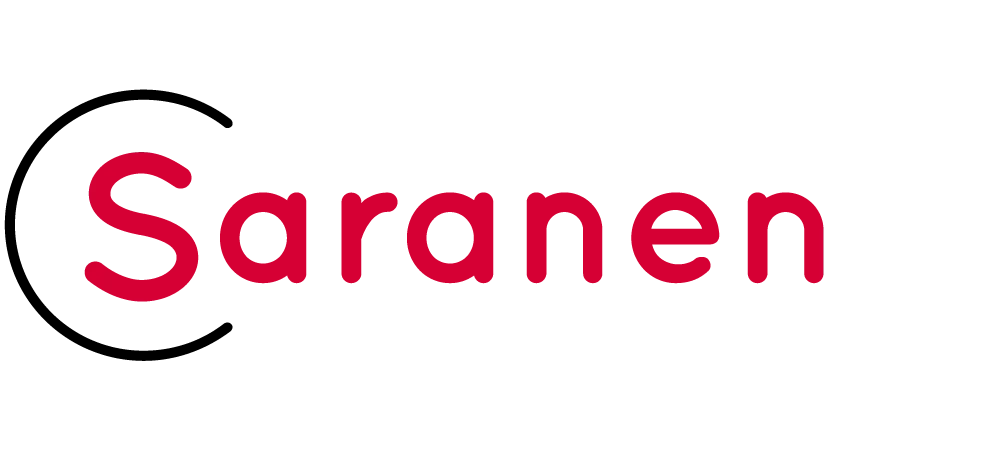The Finnish health technology industry is going strong – exports grew to over €2,1 billion in 2016 and it is one of Finland’s key exports in high-tech. Finland is considered one of the pioneer countries of the health technology industry and the significance of Finnish companies and innovations creates and strengthens the hype both nationally and internationally.
Events such as last week’s Upgraded Life Festival are massively popular and growing annually. ULF is a phenomenal way for start-up companies to create networks, find ways to globalize their business, and gain the attention of investors. These types of events and especially the many active organizations, networks and communities that lie behind these events are essential in order for Finland to maintain its high status as an international front-runner and pioneer in the industry. In addition to the well-placed focus on promoting promising startups and new innovations, the industry should also start preparing for the future need for skilled employees, which is increasing in line with the industry growth.
ULF is a phenomenal way for start-up companies to create networks, find ways to globalize their business, and gain the attention of investors.
Finland's skilled and highly educated workforce is one of the reasons we have been able to successfully attract global health tech players. For this trend to continue it is important to ensure the sufficiency of skilled labor to meet the future demand of both growing startups and international companies investing in their own sites and operations in Finland. Due to increasing digitalization across industries, it has recently been estimated that by 2020 there is a shortage of up to 15 000 software professionals in Finland, which will undoubtedly also affect the health tech industry. What other competencies that are crucial to the health tech industry will there most likely be a shortage of within the near future and what precautions could be taken today to prepare for this?
Within the health-tech industry there is a remarkable strength of networks and a great atmosphere of working together, which many other industries lack. The industry energetic, excited, forward-looking spirit of sharing common interests can also be sensed at ULF. This collective strength could also be utilized towards ensuring that the industry's demand for skillful employees is met in the future as well. The industry needs to continue to attract both talented students and experienced professionals from outside the industry whose expertise would be useful to health tech companies.
By actively portraying the health tech industry as a highly attractive option for employees (which it is), the industry will be able to attract talents.
Currently there is for example a large number of experienced employees from for example the telecommunications industry and university researchers who are looking for new career paths and who might have valuable competencies to contribute to the health tech industry. By actively communicating and portraying the health tech industry as a highly attractive option for employees (which it is), the industry will be able to attract future talents, experts from other industries as well as international talent.
The big players in the industry of course often have the advantage of an existing strong employer brand, which is why particularly startups would benefit from a collective industry effort to also highlight the many advantages and career opportunities health tech startups have to offer. Many startups face several challenges when it comes to recruitment, which is why any effort to make this important aspect of growth easier could prove to be very valuable for the industry.
As new technologies and innovations develop with accelerating speed there is growing need for alternative and more flexible and lean ways to train and educate the workforce.
In addition to successfully competing for skilled employees with other industries, some focus should also be put on what type of education reforms and training options would be beneficial for the industry. As new technologies and innovations develop with accelerating speed there is growing need for alternative and more flexible and lean ways to train and educate the workforce and recruit the talent needed to ensure continued growth.
One option for this are for example recruitment programs, which aims to help recruiting companies find and train new employees within areas where there is a shortage of available experts. This spring Saranen Consulting is for example teaming up with The Finnish Software Entrepreneurs Association to train and recruit future software and programming talents in Helsinki, Oulu, Tampere and Turku and also continuing its successful cooperation with Google to help companies find and train employees for needs within online marketing and digital business.
What can you do to help the health tech industry find the talents and experts needed also in the future?




.webp)